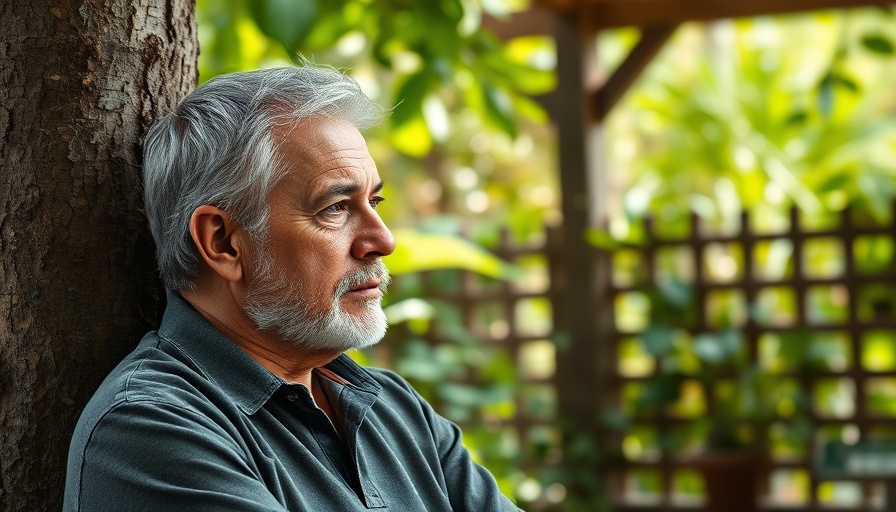
Understanding the Burnout Society: Insights from Modern Philosophy
In a world where burnout and existential ennui loom large, the insights of modern philosopher Byung-Chul Han resonate deeply. His reflections on the phenomena of 'auto-exploitation' and 'positive violence' reveal a startling reality: many of us are complicit in our own exhaustion. As explored in Podcast #1,066 of the Art of Manliness, hosted by Steven Knepper, Han’s philosophy provides a unique lens through which to view the pervasive feelings of mediocrity that plague contemporary society. In this exploration, we delve into how our obsession with productivity has fostered an environment of relentless self-exploitation.
The Constructs of the Palliative Society
Han argues that the 'palliative society' we inhabit seeks to eliminate suffering at all costs, ultimately leading to a shallow existence devoid of meaning. This notion aligns with contemporary discussions around men's personal growth, where the avoidance of discomfort often outweighs the pursuit of genuine fulfillment. While modern conveniences present countless ways to sidestep discomfort—from instant gratification to wellness trends—they often leave us feeling more hollow than before.
Rituals and Contemplation: Paths to Resistance
Within his analysis, Han advocates for a return to rituals and contemplation as vital antidotes to our society’s pitfalls. Embracing consistent practices can create anchors in a world that often feels chaotic. For men—especially those aged 35 to 55—this could translate into establishing personal routines that prioritize mental health, fostering deeper connections, and creating space for meaningful reflection. Incorporating these practices into daily life not only enhances mens self-improvement efforts but also uplifts their overall well-being.
Challenging Misconceptions of Modernity
The podcast highlights a counter-narrative: Instead of succumbing to the pressures of modernity, which often emphasizes speed and efficiency, there is a profound value in deceleration and introspection. Taking time to engage with oneself and the world around, as Han suggests, allows individuals to reclaim their agency. In recognizing these misconceptions, men can recalibrate their frameworks—leading to healthier relationships, enriched personal growth, and a more substantial engagement with life.
Positive Violence: Redefining Strength
One of Han’s more provocative assertions is the concept of 'positive violence.' This is not about aggression but rather refers to the inner drive and determination that propel personal growth. For men, particularly those embedded in professional and athletic spheres, cultivating this type of strength involves channeling energies toward constructive goals, rather than succumbing to mediocrity. This encourages an outlook that celebrates excellence and resilience without the toxic pressure of endless competition.
Men's Interests and Vitality: Embracing Depth
In light of Han’s insights, men today are encouraged to explore diverse interests that promote vitality and depth. Engagement in meaningful hobbies, spending time with family, or participating in community initiatives can amplify personal satisfaction. As part of one's self-care regimen, these activities change the conversation around masculinity from mere achievements to cultivating holistic well-being.
Conclusion: Embracing a Life of Meaning
The exploration of Byung-Chul Han’s philosophy illuminates pathways toward a richer existence. By recognizing the traps of burnout and palliativism, men can lead lives characterized by intention and engagement. The episode of the Art of Manliness podcast serves as a reminder to seek out practices that add value to our lives. As we navigate through modernity, let us aim not just for productivity but also for significance, embracing a journey of growth and reflection.
For further insights and strategies on personal growth tailored for men, subscribe to the Art of Manliness podcast and explore resources that encourage deeper connections and a more profound understanding of ourselves and society.
 Add Row
Add Row  Add
Add 




Write A Comment